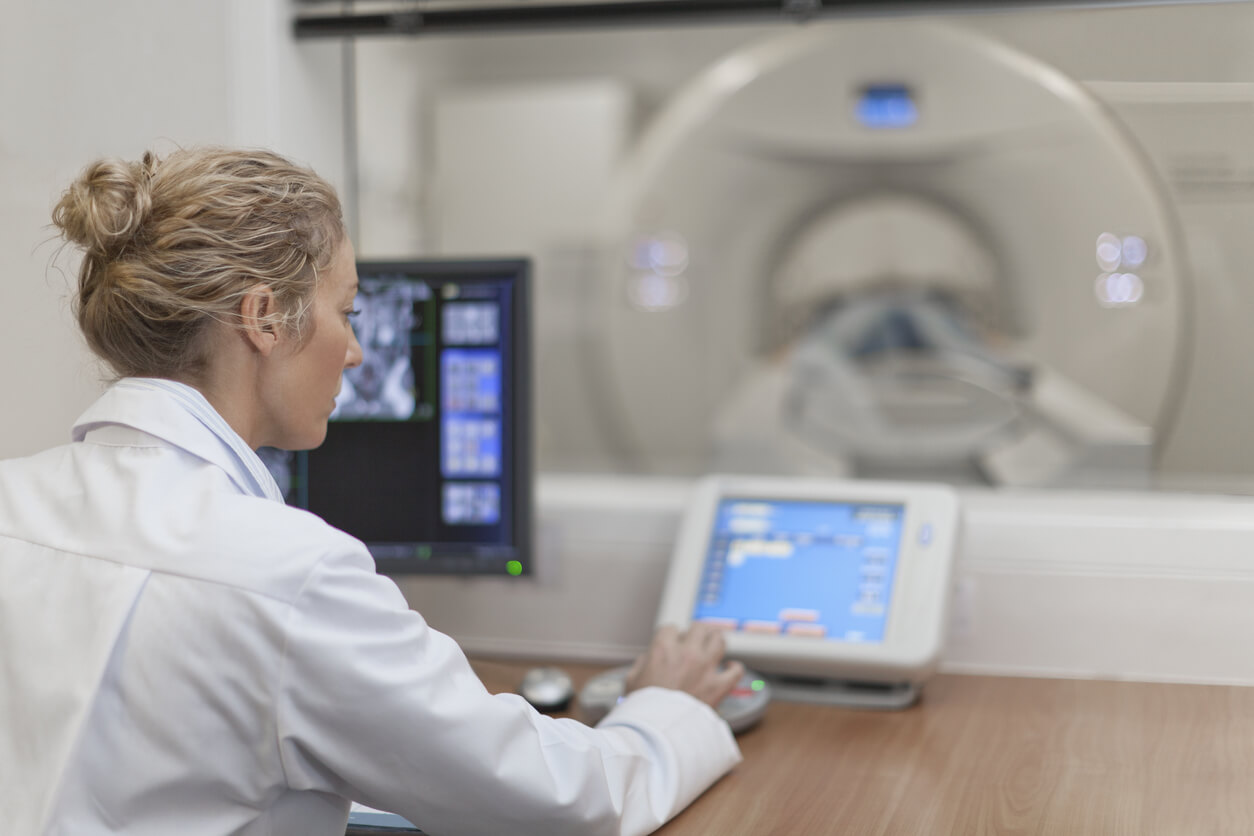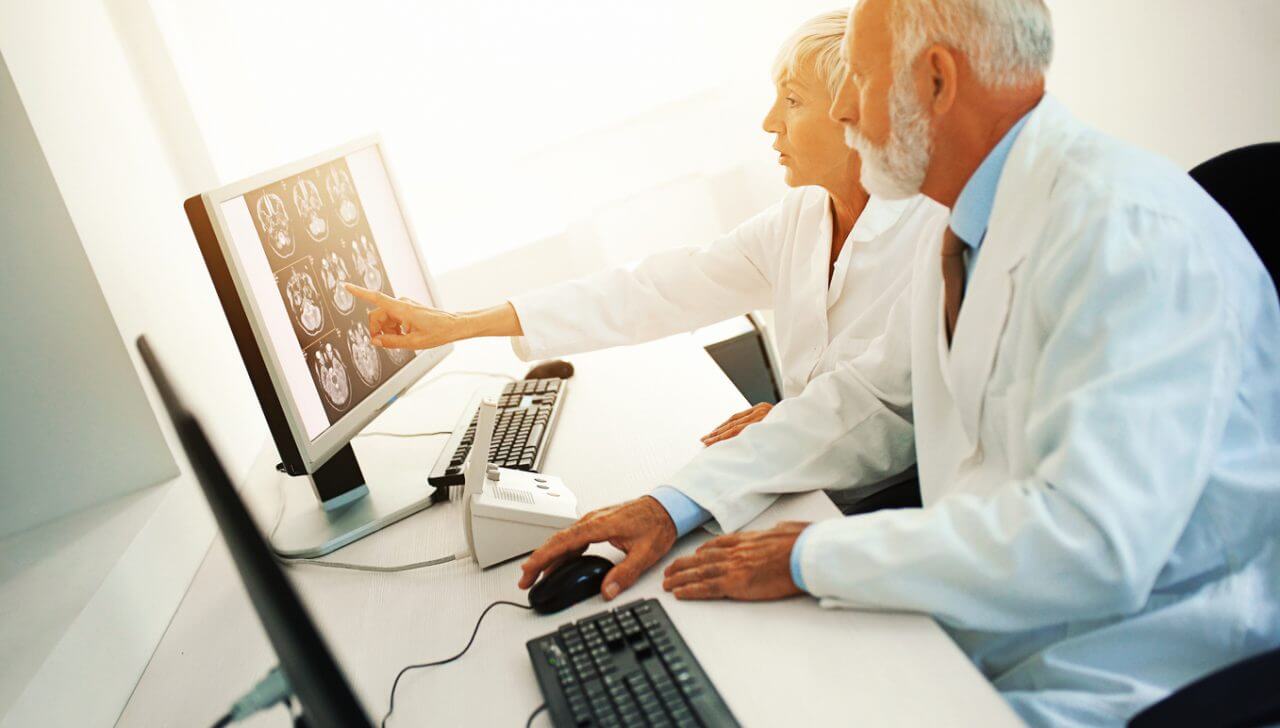CAT Scan vs. CT Scan: Are They the Same Procedure?

CAT Scan vs. CT Scan: What’s the Difference?
Medicine is a field with countless acronyms. Two that can be confusing are CAT scan and CT scan. Sometimes thought to be different types of diagnostic tests, they actually refer to the same X-ray procedure. CAT stands for “computed axial tomography” and CT is simply “computed tomography.” CAT scan was the first of the two terms to be used; CT scan has become more common in recent years. These two procedures are the same, though.
What is a CT Scan For?
A CT scan produces images using an X-ray tube that travels 360 degrees around your body. As it moves, it gathers information from multiple angles to create cross-sectional images.
Doctors order CT scans for a number of reasons, including to:
- Look for bone and joint problems such as complex fractures and tumors
- Detect masses and spots associated with conditions like heart disease, cancer and emphysema
- Locate clots, tumors, infection or fluid buildup
- Check for internal injuries and bleeding following a traumatic event like a car accident
- Provide information in preparation for a surgery, biopsy or other procedure
- Compare images taken over a period of time to gauge the effectiveness of a treatment such as the chemotherapy or radiation used to shrink a tumor
In some cases, what’s called a CT scan “with contrast” is needed. With this procedure, the technician performing the procedure inserts a catheter into one of your arms in order to administer a special dye called contrast material. This dye makes it easier for the scan to create a crisp image of tissues and organs that are less dense than bone and therefore may not show up as clearly.
The detail in a CT scan with contrast may make it the preferred approach over other imaging techniques in some instances. For example, a CT scan can provide better information on the bones of the spine than either a standard X-ray or an MRI (magnetic resonance imaging) scan, which is helpful when assessing conditions that affect the vertebrae and other bones.
There are some instances when a CT scan isn’t advisable. If you’re pregnant or think you may be pregnant, you should tell your doctor. There is also a weight limit for receiving a CT scan.
A CT Scan is a Pain-Free Procedure That Produces Crucial Images
Other than the poke if contrast material is needed, a CT scan is completely painless and provides your care team with critically important information on your condition. For many patients, the only unpleasant aspect of the scan is the feeling of being enclosed in the CT scan machine. However, that temporary discomfort is worth the valuable information the procedure produces.
At Baptist Health, the procedure takes place as follows:
- Preparation. How you prepare for your CT scan will depend on the type of scan performed. If your abdomen/pelvis, chest or head is being scanned with contrast, you may be instructed not to eat or drink for several hours prior to your exam. You may also have to drink a contrast medium or have it administered intravenously. If you’re having a head scan with no contrast, you can eat up until the time of the exam, and no liquid or intravenous contrast medium is required.
- Exam. A CT scan typically takes 15-30 minutes. A certified technologist helps you get positioned on the scan table, which is then moved into the machine. You’ll hear humming as the machine works and the table may move as different images are captured. You may also receive instructions, such as holding your breath for a short time, from the technologist, who observes the entire test and communicates with you through two-way microphones.
- Side effects. Depending on the type of exam, afterward, you may experience a metallic taste in your mouth (if contrast dye is used), fatigue, headache, weakness or constipation.
- Follow-up. After your exam, a radiologist (a doctor that specializes in imaging) reviews the images and sends a report to your physician who will discuss it with you at your next appointment.
Get a CT Scan at Baptist Health
Learn more about CT scans available from Baptist Health, along with pre-and post-exam expectations.



